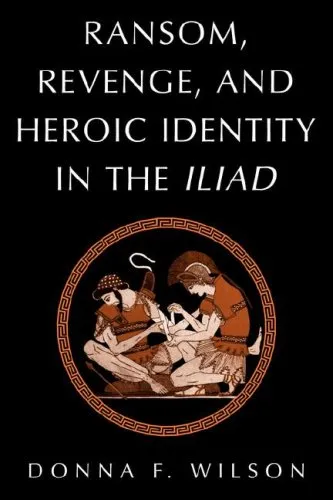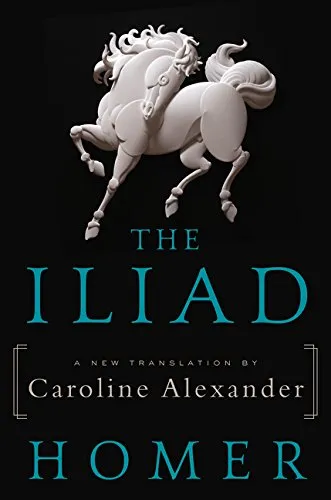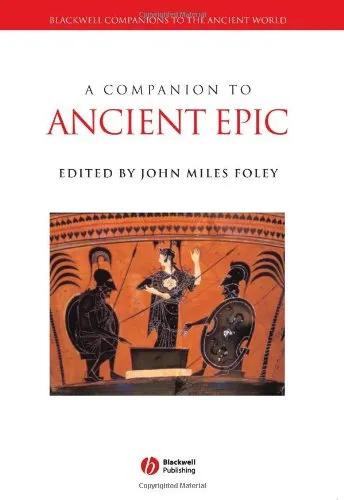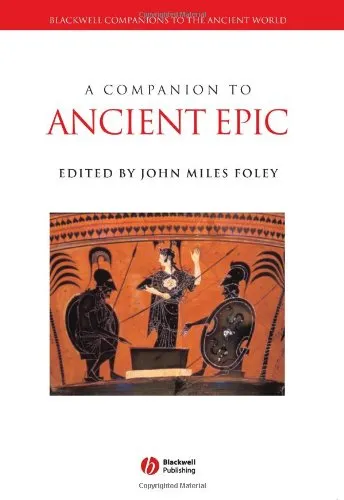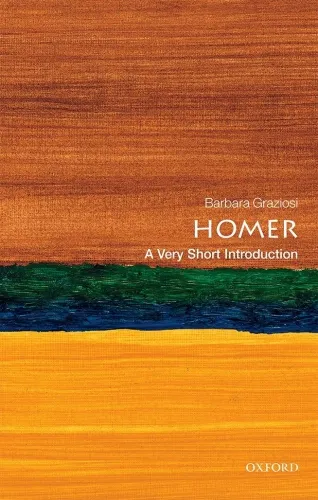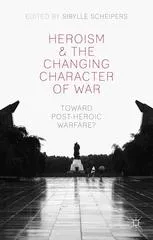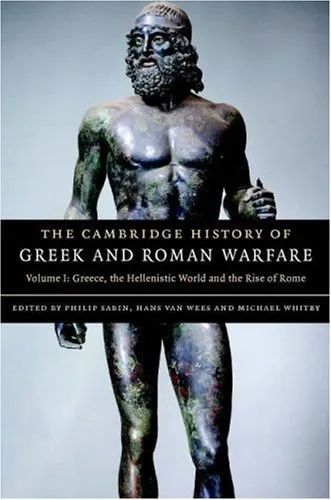Ransom, Revenge, and Heroic Identity in the Iliad
4.3
Reviews from our users

You Can Ask your questions from this book's AI after Login
Each download or ask from book AI costs 2 points. To earn more free points, please visit the Points Guide Page and complete some valuable actions.Related Refrences:
Introduction to "Ransom, Revenge, and Heroic Identity in the Iliad"
Immerse yourself in the multifaceted world of Homeric epics as "Ransom, Revenge, and Heroic Identity in the Iliad" offers an in-depth exploration of the complex themes and cultural narratives embedded in one of the greatest works of ancient literature. This book provides a critical examination of the notions of honor, identity, and the intricate web of motivations that drive the heroes of the Iliad.
Detailed Summary
The Iliad, a timeless epic poem by Homer, narrates the events of the Trojan War, focusing on the hero Achilles. At the heart of the Iliad are interconnected themes of loss, honor, and the pursuit of glory. "Ransom, Revenge, and Heroic Identity in the Iliad" delves into these themes, analyzing how they define and drive the actions of its characters, particularly Achilles.
The book argues that Achilles' identity is caught between conflicting demands: his personal vendetta against Hector, which symbolizes revenge, and the acceptance of gifts and ransom, which symbolizes reconciliation and the restoration of community ties. Through a detailed textual analysis, the book examines how these themes illuminate broader concepts of heroism and identity, revealing a complex portrait of the heroic ideal in Homeric society.
By reassessing the interplay of personal desires and social obligations, the book sheds light on how characters navigate the tensions between individual pride and communal expectations, ultimately revealing the existential quandaries at the core of the hero’s journey.
Key Takeaways
- Understanding the nuances of Achilles' character: A deep dive into his motivations and internal conflicts that define his heroic identity.
- The role of ransom in Greek culture: Examining how ransom operates not just as a literal exchange but also as a symbolic reconciliation mechanism among warring factions.
- The cultural significance of revenge and its implications on the notion of justice and honor within the epic's context.
- A reinterpretation of heroism: Moving beyond the binary of glory versus dishonor, this book challenges the reader to rethink what it truly means to be a hero in ancient Greek texts.
Famous Quotes from the Book
- "Achilles' rage is not just a personal vendetta but a profound reflection of the societal values that define heroism and reputation in the Greek world."
- "Ransom, while ostensibly a sign of weakness or defeat, operates within the narrative as a crucial element of honor and social cohesion."
- "In Achilles, we see the eternal struggle of the hero: to find one's place between the demands of personal glory and the call of communal responsibility."
Why This Book Matters
This book offers an essential contribution to the study of classical literature and provides fresh perspectives on a text that has shaped Western literary traditions for centuries. "Ransom, Revenge, and Heroic Identity in the Iliad" is crucial for students of classical studies, historians, and literary enthusiasts who wish to deepen their understanding of how timeless themes of human experience are articulated in literature.
The careful analysis of character motivations and ethical dilemmas presented within the Iliad facilitates a more nuanced appreciation of the epic's continuing relevance. Furthermore, the interpretative insights offered in this book help bridge the ancient and modern worlds, proving that the struggles faced by Achilles and his peers resonate with contemporary questions of identity, honor, and morality.
Free Direct Download
You Can Download this book after Login
Accessing books through legal platforms and public libraries not only supports the rights of authors and publishers but also contributes to the sustainability of reading culture. Before downloading, please take a moment to consider these options.
Find this book on other platforms:
WorldCat helps you find books in libraries worldwide.
See ratings, reviews, and discussions on Goodreads.
Find and buy rare or used books on AbeBooks.
1581
بازدید4.3
امتیاز0
نظر98%
رضایتReviews:
4.3
Based on 0 users review
Questions & Answers
Ask questions about this book or help others by answering
No questions yet. Be the first to ask!
